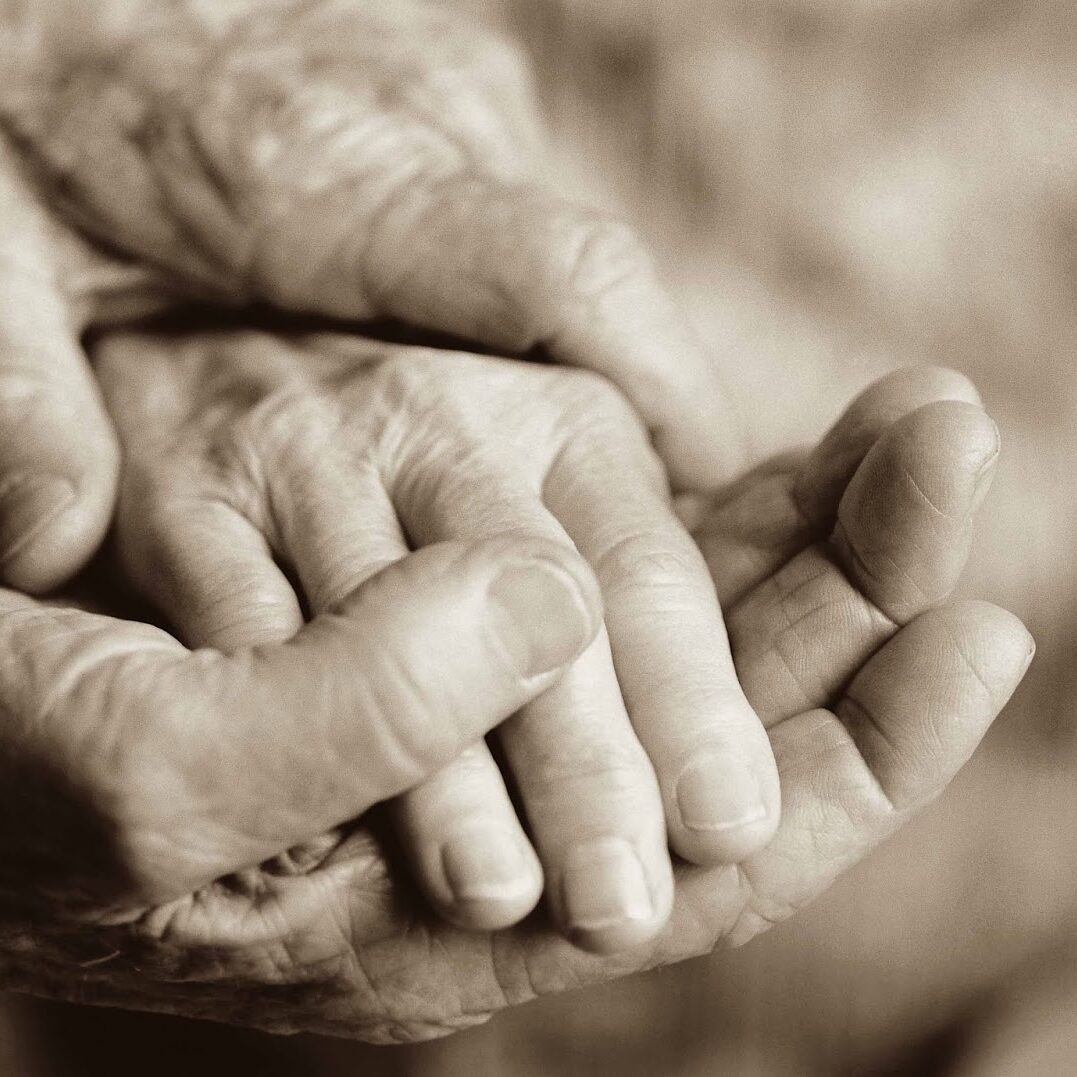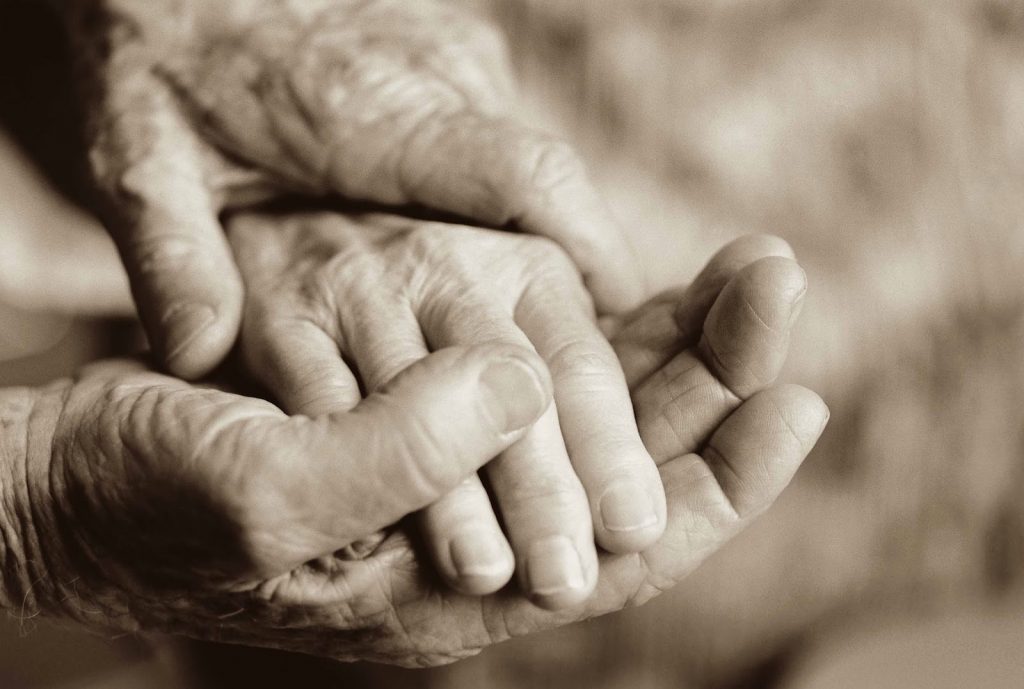Paul went to preach the gospel in Lystra after persecution drove him from Iconium (Acts 14:2-7). There he performed many miracles, such as healing a lame man and surviving a stoning (Acts 14:8, 19). It is likely that Lystra was the first time in Paul’s missionary work that he was teaching Gentiles the gospel of Christ without approaching them through the common ground of Judaism. There were some gentiles who believed on his words, and he organized them, but then had to leave because of persecution. He encouraged them to be steadfast. On his second missionary journey (Acts 16:1) he returned to Lystra and met Timothy, a young disciple who became his and Silas’s companion on the rest of the second missionary journey.
- She was the grandmother of Timothy, who was one of the apostle Paul’s most trusted assistants. Paul calls Timothy his “son in the faith” (1 Tim. 1: 2, 18; 2 Tim. 1: 2);
- Her daughter was Eunice, the mother of Timothy, who was a Jewess married to a Greek man;
- She was one of the first in her family to believe in the gospel, and she taught her family, namely her daughter Eunice and grandson, Timothy;
- She has strong, pure faith, Paul tells Timothy to remember “the unfeigned faith that is in thee, which dwelt first in thy grandmother…” (II Timothy 1:5);
- Her name means “agreeable” in Greek;
- She dwelt in Lystra, which is modern day Turkey.
Speculations about her:
- She probably would have been taught the gospel directly from Paul, and would have witnessed the miracles he performed while in Lystra. Such as healing a man lame from birth (Acts 14:8);
- Her daughter’s husband, and probably most of the rest of her family, would not have been believers. She would have had to stand up for what she believed in, at the expense of being alienated from her family and society;
- She probably would not have had much contact with Paul or the rest of the Church (the distance being far) and would have had to remain strong and steadfast on her own;
- She would have been part of the ancient church’s organization for women.
- Sometimes we have to be willing to stand alone in our faith;
- We have a sacred responsibility to teach our children and grandchildren the gospel;
- Being a mother/grandmother has far reaching consequences. One of the greatest legacy we can leave behind is children who are good, strong and faithful;
- Each member of the church (unless they are converts) owes so much to the person/people in their family history who had the faith and courage to accept and live the gospel of Jesus Christ.
Questions to think about:
- The dictionary says that “unfeigned” means “sincere; genuine”, what does it mean to you to have “unfeigned faith?”
- How have grandparents, or other “old” people influenced your understanding of the gospel?
- Who was the first person in your family to accept the gospel? What would you say to them if you could meet them?



